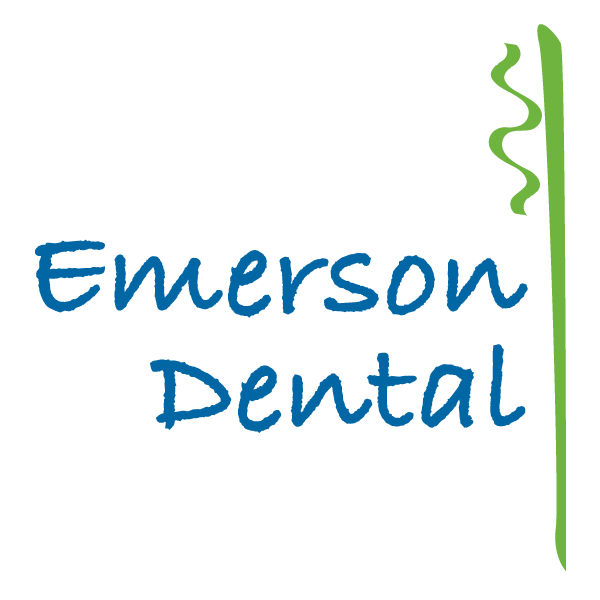Your oral health involves more than just the condition of your teeth. Your gums are equally important—maybe even moreso! Gum disease can cause serious problems not only in the mouth, but also elsewhere in the body. Periodontitis has been connected to cardiovascular disease, COVID-19 severity, preterm birth, and diabetes, to name a few. Here are some warning signs to look for if you think you have gum disease.
Changes In Your Gums
Changes in the gums are typically the first symptom of gum disease. Gingivitis is a condition that causes the gums to become inflamed; it is the precursor to gum disease. When your gingivitis worsens and develops into more advanced gum disease, you'll find that your gums are:
- Swollen
- Reddish-purple in color
- Sore
- Bleeding when you floss or brush
Gum disease can be reversed if caught early by using a simple, minimally-invasive periodontal procedure called scaling and root planing. This treatment eliminates the bacteria that infects the gums and helps the gums to heal and reattach to the roots of your teeth.
Gum Recession
In addition to tenderness, bleeding, and color changes, there are other symptoms to watch out for. Your gums can recede over time when you have periodontitis, making your teeth appear longer and creating painful sensitivity because the exposed roots lack the enamel of the rest of your tooth, making them sensitive to hot and cold sensations, and sometimes even sweetness.
Deep pockets develop between the gum tissue and the roots of your teeth as the gums recede. Calculus and bacteria accumulate in these pockets, exacerbating your gum disease. Bacteria may attack tooth roots, gums, and even supporting bone structures. Gum disease can be treated at this stage, but the damage it has caused can necessitate additional restorative procedures.
Bad Breath
Bad breath is one of the most common symptoms of periodontitis. The sores, pus, and bacteria in your mouth cause a foul odor. Brushing your teeth, chewing gum, or having a breath mint can provide temporary relief, but the odor returns soon after.
People don't always realize they have bad breath, particularly if no one tells them. One way to tell that you have bad breath is if you have a foul taste in your mouth.
Compromised Teeth
Since gum disease affects the supporting structures of your teeth, you'll notice changes in them as the disease progresses. It's possible that they could become more crowded, or that they'll be farther apart than usual because your teeth have shifted. They may also feel loose in your mouth. When you bite down, you will notice that your teeth don't meet or fit together as well as they once did. Your teeth can also start to fall out if your gum disease is left untreated.
It's possible that by the time you hit this stage of gum disease, you'll require several procedures to restore your oral health. You may need gum or bone grafts, as well as a bridge, dentures, or dental implants if you have lost teeth or needed to have them extracted.
Learn More About Gum Disease
If you have gum disease, it’s important to seek treatment right away. Contact us today to schedule an appointment at one of our two locations.

